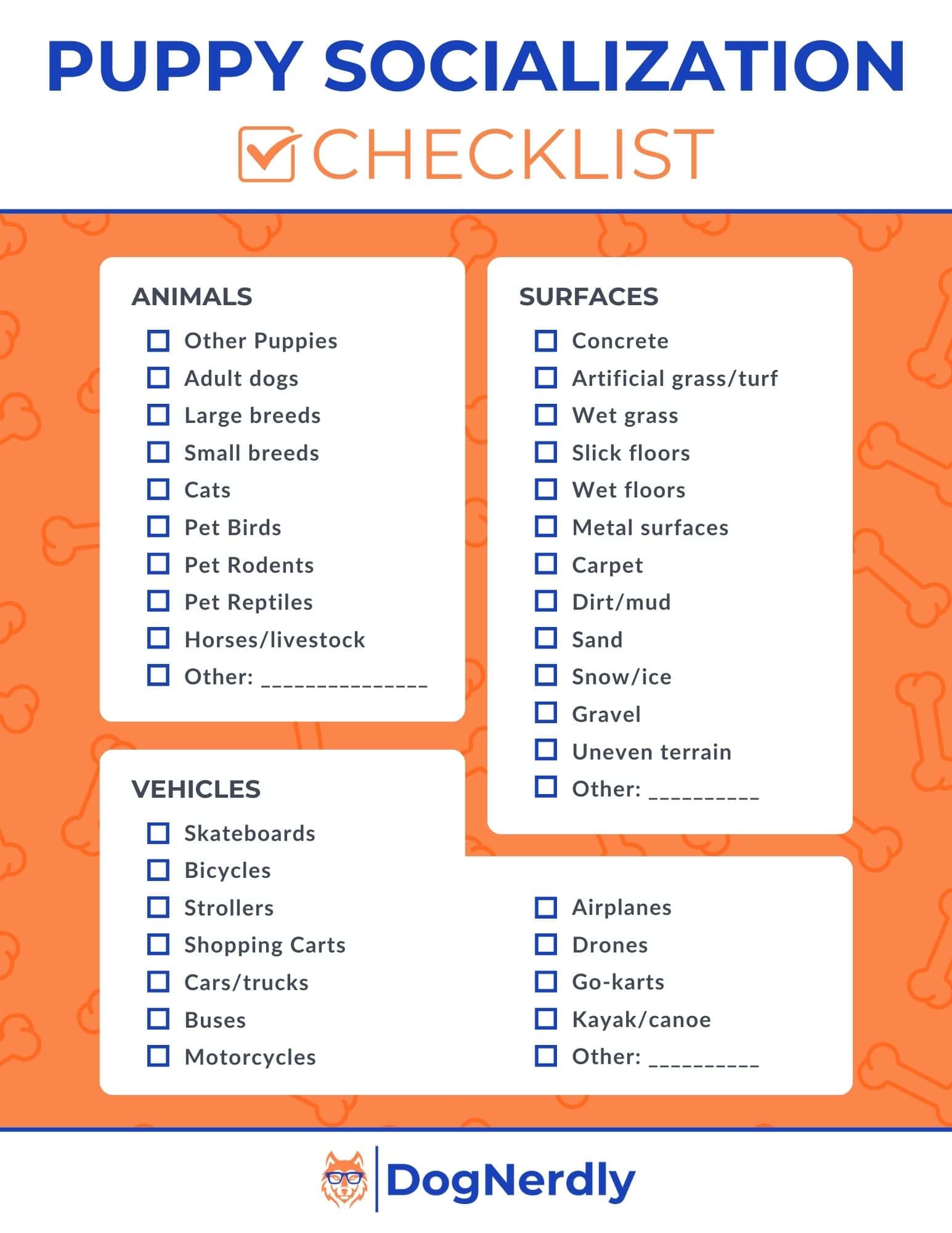Puppy Socialization 101: A Roadmap to Lifelong Happiness

Have you ever wondered how to ensure your furry friend grows up to be a well-adjusted and friendly dog? The answer lies in the magical process called puppy socialization. By exposing your puppy to positive experiences during their critical socialization period, you can set them up for a lifetime of happiness and confidence. In this article, we will explore why puppy socialization is crucial, how to socialize your puppy effectively, the benefits of puppy socialization classes, and much more. Get ready to embark on an exciting journey of fostering a well-rounded companion!
- Handling and Gentle Touch: Gradually accustom your puppy to being touched all over their body, including paws, ears, mouth, and tail.
- Positive Exposure to Sounds: Introduce your puppy to various sounds such as vacuum cleaners, doorbells, thunder, and fireworks, gradually increasing the volume.
- Meeting New People: Expose your puppy to people of different ages, appearances, and ethnicities, helping them feel comfortable with a diverse range of individuals.
- Meeting Other Animals: Provide controlled interactions with other well-behaved dogs, cats, and small animals, allowing your puppy to learn appropriate social skills.
- Handling Different Environments: Take your puppy to different environments, including parks, busy streets, and public spaces, ensuring they feel at ease in diverse surroundings.
- Exposure to Various Surfaces: Let your puppy walk on different surfaces like grass, concrete, sand, or wooden flooring to build their confidence and adaptability.
- Training and Basic Cues: Begin teaching your puppy basic cues like "sit," "stay," and "come," fostering their ability to focus and respond positively to your cues.
- Leash and Collar Introduction: Introduce your puppy to wearing a collar and walking on a leash, encouraging them to feel comfortable and secure during walks.
- Car Rides: Gradually introduce your puppy to car rides, starting with short trips and gradually increasing the duration, ensuring they associate car travel with positive experiences.
- Novel Experiences: Expose your puppy to new experiences, such as meeting children, encountering bicycles, encountering individuals wearing hats or sunglasses, or exploring new objects.
In conclusion, puppy socialization is a crucial aspect of raising a well-adjusted and happy dog. By carefully introducing them to a variety of experiences, environments, and individuals during their critical socialization period, you can shape their behavior, boost their confidence, and pave the way for a lifetime of joyful companionship. Whether you choose to embark on this journey independently or with the guidance of puppy socialization classes, the effort invested will reward you with a loving and confident canine friend.
Frequently Asked Questions
Puppies require extensive socialization during their critical period, which typically lasts until around 14 to 16 weeks of age. However, socialization should continue throughout their lives to maintain their confidence and adaptability.
While extensive socialization is important, it's crucial to expose puppies to new experiences in a positive and gradual manner. Avoid overwhelming them with too much too soon, ensuring each interaction is positive and builds confidence.
If your puppy shows signs of fear or shyness, it's essential to proceed at their own pace. Provide positive reinforcement, gradual exposure, and consider seeking professional guidance from a certified dog trainer or behaviorist.
Properly managed socialization is generally safe for puppies. However, it's important to ensure vaccinations are up to date to minimize the risk of exposure to infectious diseases. Consult your veterinarian for guidance.
While not mandatory, puppy socialization classes offer numerous benefits. They provide a structured environment with expert guidance, opportunities for controlled interactions, and a chance to learn from other owners facing similar challenges.
Yes, older puppies and rescue dogs can benefit from socialization. Although the critical period may have passed, they can still learn and adapt. Patience, consistency, and positive reinforcement are key when socializing older dogs.
 Author - Joseph Schifano
Author - Joseph Schifano
Joseph Schifano is the owner and President of The Academy of Pet Careers. With over 20 years of experience working in the pet field, managing large scale pet care businesses, he has experience in every facet of the industry. Joseph's focus is primarily on the business of pet care but his passion is in understanding animal behavior how a dog's brain works so we can improve the care we provide as pet professionals. He is a huge advocate for Pet Empowerment and Force Free training methods. Read more in Joseph's full bio.

